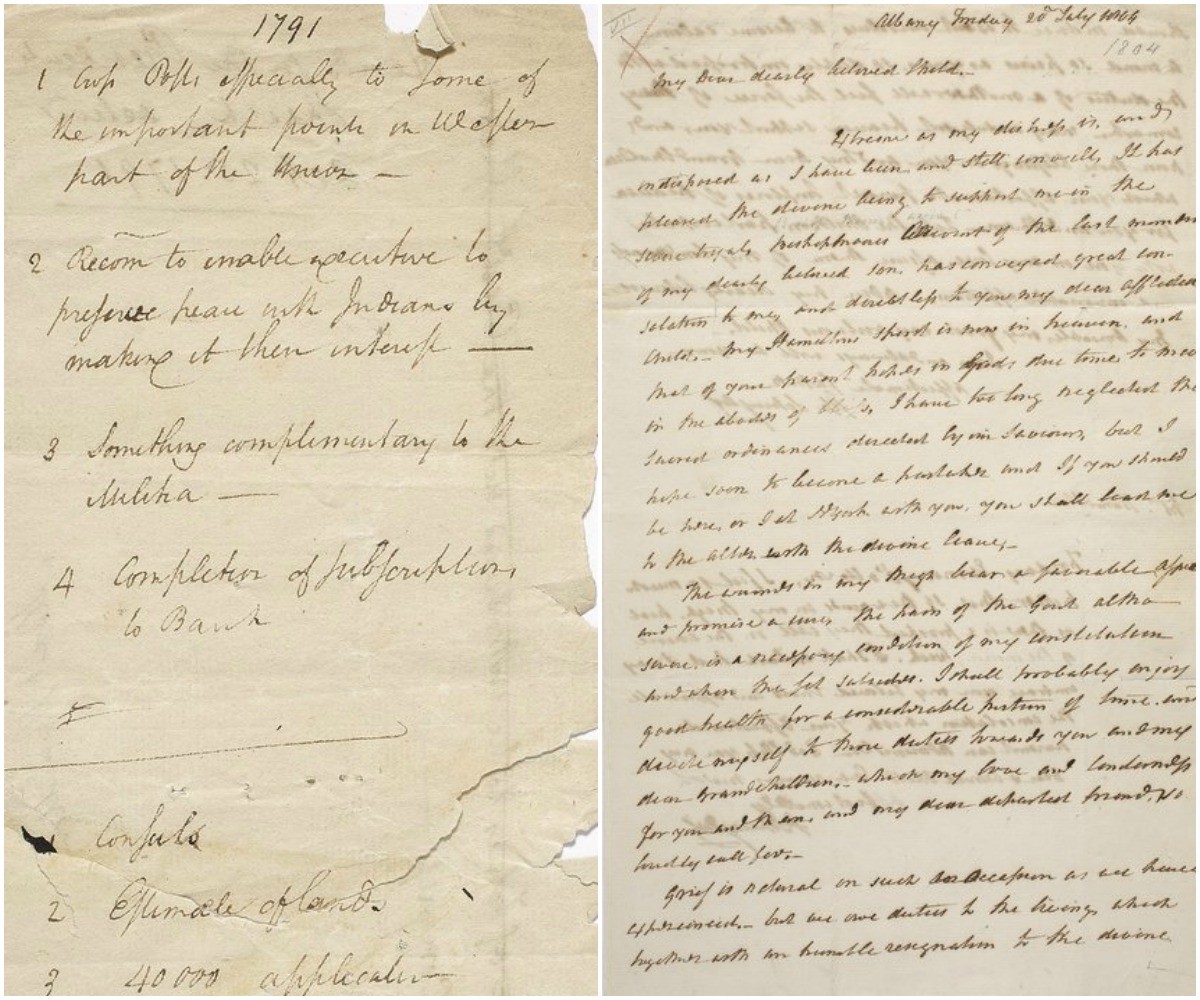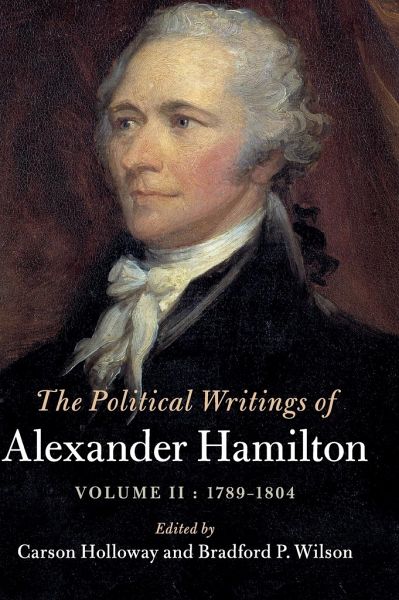

Although at times misguided by monarchist sentiment and slandered for his attachment to the British model, his strong hand and Federalist outlook were much needed during the tumultuous time following the Articles of Confederation. Aside from Hamilton’s vision for our government and his hand in forming what came to be instituted after the Constitutional Convention, Hamilton and his realist outlook were integral to securing the longevity and prosperity of our nation. Hamilton was a pragmatist and a Hobbesian realist who sought to frame our country’s enterprises against the avaricious, greedy, and flawed design of man. So rarely do two integral characters contrast with each other so vividly while simultaneously complementing each other so well. The pragmatic Hamilton was our national architect whereas Thomas Jefferson, the idealist and western-driven aristocrat from the well-to-do, tobacco ridden fields of Virginia, was the archetype of our nation’s idealist rhetoric and sentiment. The Tocqueville Forum students featured here reconsider Hamilton’s legacy, aided by careful reading of Hamilton’s own writings.īetween Hamiltonian and Jeffersonian Legacies His legacy suffered when he died prematurely as a result of an ignominious duel with Aaron Burr and in the context of highly contentious and polarized domestic politics where his political enemies held power in the generation following his death.

Though Hamilton fought as a patriot in the Revolutionary War, wrote the majority of The Federalist papers, and served as the first Secretary of the Treasury, Hamilton is often sidelined in favor of other founders such as Thomas Jefferson and James Madison. Lin-Manuel Miranda’s wildly popular Hamilton: An American Musical, based on Ron Chernow’s biography of Hamilton, has reopened the question of Hamilton’s influence on America. Students enrolled in a special Tocqueville Forum seminar in spring 2018 at Northern Illinois University considered Alexander Hamilton’s legacy for American government.


 0 kommentar(er)
0 kommentar(er)
